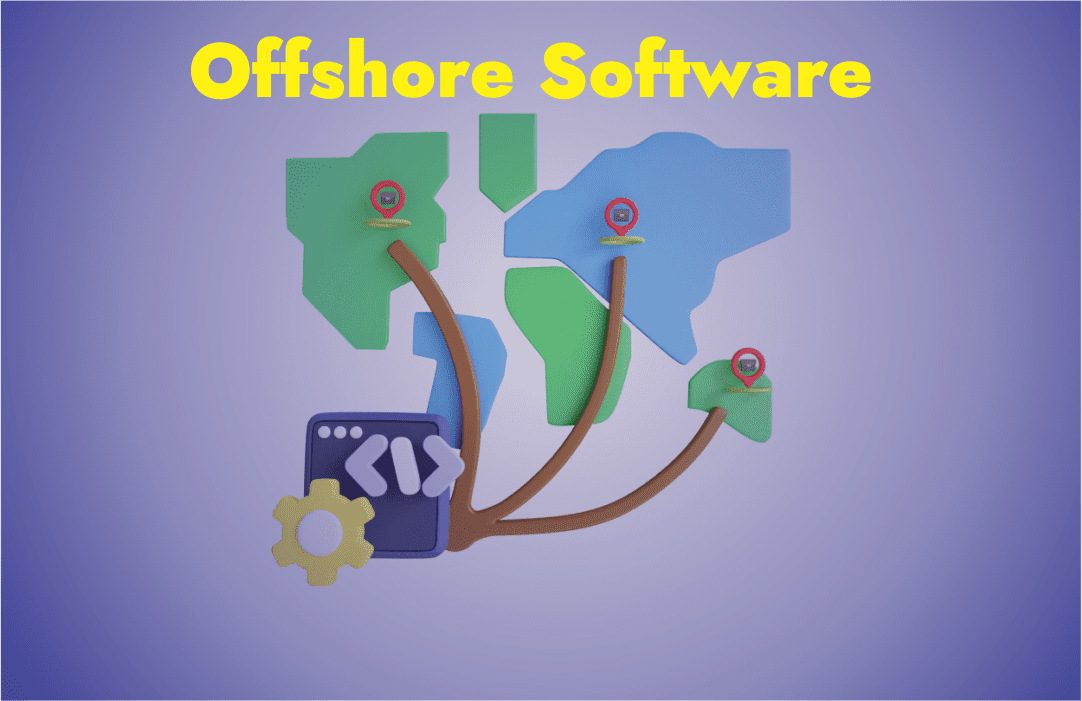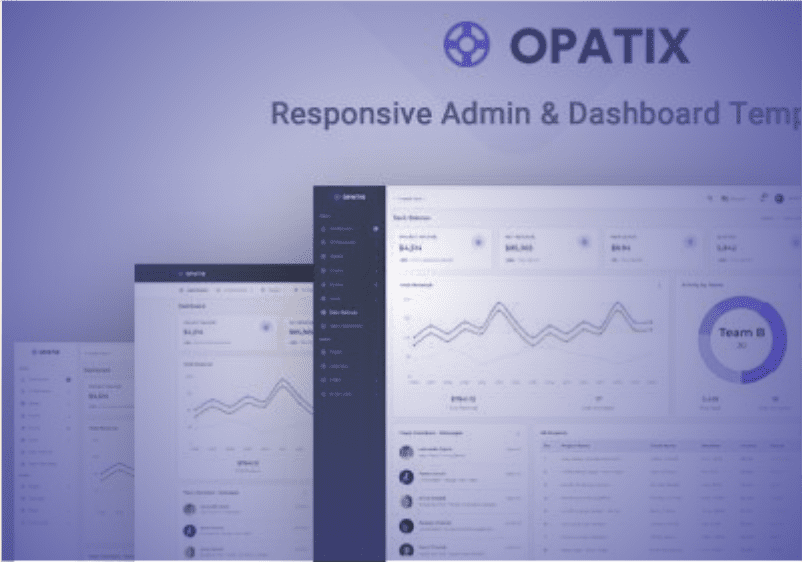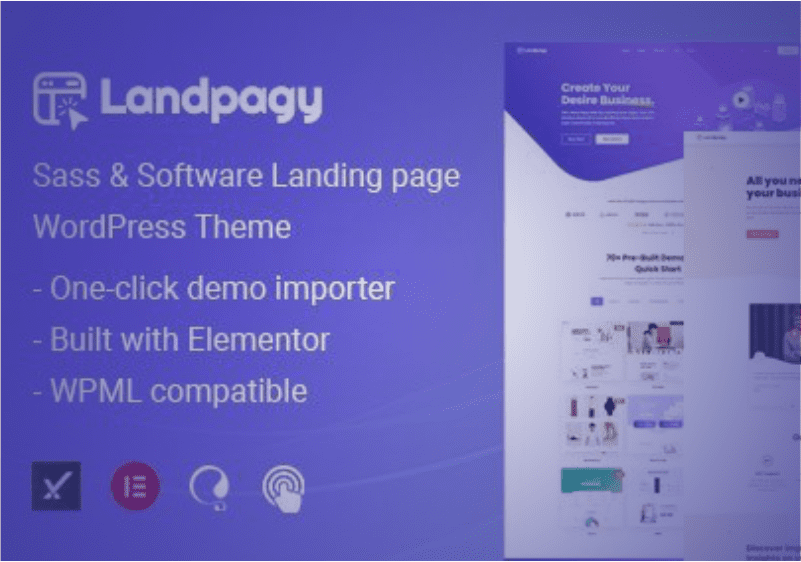Offshore Software Development Benefits
Offshore Software Development has emerged as a strategic approach for businesses looking to scale operations, boost productivity, and enhance technical capabilities. By partnering with remote teams in countries with cost-effective talent pools, organizations around the world have discovered the immense benefits of this model. Whether you’re a startup navigating growth challenges or a large enterprise focused on cost-efficiency, offshore development provides an array of advantages that directly impact performance and profit.
This article explores the core benefits of offshore software development for your organization in detail. It looks beyond just cost savings to cover talent access, time management, scalability, focus, and innovation. Let’s dive into how offshore development can become a catalyst for business transformation.
Access to a Global Talent Pool
One of the most prominent benefits of offshore software development is the access it provides to a vast and diverse pool of skilled professionals. Companies are no longer restricted to hiring talent within their geographic boundaries. With offshore development, you can tap into top-tier developers, designers, testers, and project managers from tech hubs across the world.
This global talent advantage is especially important in competitive markets where local talent is either scarce or expensive. Countries like India, Ukraine, the Philippines, and Poland are home to highly skilled developers who bring in both experience and innovation. For businesses struggling to hire or retain qualified professionals, offshore partnerships offer a viable and often superior solution.
Significant Cost Savings
Cost efficiency remains one of the major drivers behind the surge in offshore software development. Operating an in-house team involves fixed costs such as salaries, benefits, office space, hardware, and ongoing training. On the other hand, offshore development minimizes these expenses by leveraging labor markets where wages are significantly lower but skills remain high.
This cost difference can make a huge impact on an organization’s budget. For startups and SMEs, especially, the cost benefits can be transformative—allowing them to invest in other strategic areas like marketing, R&D, or customer service. With careful planning and a reliable offshore partner, businesses can achieve more for less.
Faster Time-to-Market
Speed is critical in the modern business landscape. Offshore development helps organizations accelerate product development cycles and get to market faster. With distributed teams working across multiple time zones, companies can take advantage of round-the-clock development. This 24-hour workflow model means that while your local team is resting, your offshore team can continue working on critical tasks.
As a result, milestones are achieved faster, bugs are resolved sooner, and products are launched more quickly. This time-to-market advantage can be a game-changer for tech-driven businesses. When software development is outsourced offshore, internal teams are freed up from the complexities of managing technical tasks. This enables companies to redirect their focus toward core business operations such as strategy, growth, and customer engagement.
By allowing external experts to handle software creation, updates, and maintenance, companies can ensure that internal resources are not stretched too thin. This sharper focus on core areas not only improves efficiency but also strengthens the overall business model. It enables managers to spend more time making strategic decisions rather than being bogged down by technical details.
Scalability and Flexibility
Offshore development offers unparalleled scalability and flexibility. In today’s fast-paced digital world, businesses must remain agile and capable of adapting to changing needs. Offshore teams can be easily scaled up or down depending on the demands of your project, without the long-term commitments or risks associated with hiring full-time employees.
This flexibility is especially useful for projects with fluctuating requirements. Whether you’re launching a new app, developing a web portal, or building enterprise software, offshore teams can be quickly assembled or adjusted to meet your timeline and goals. This makes offshore development an ideal model for both short-term tasks and long-term strategic initiatives.
Access to Cutting-Edge Technologies
Technology is constantly evolving, and staying up-to-date requires not just financial investment but also technical expertise. Offshore development partners often specialize in the latest technologies—such as AI, blockchain, cloud computing, and big data—providing you with access to advanced solutions that may not be readily available locally.
These teams are continuously upgrading their skills and working on projects across various industries. Their exposure enables them to suggest innovative features, frameworks, or tools that can take your software to the next level. This technological edge enhances product quality and ensures that your organization remains competitive.
Risk Mitigation and Improved Compliance
Reputable offshore software development firms follow international standards for project management, quality assurance, and data security. By working with such companies, you can significantly reduce the risks associated with software failures, security breaches, or compliance issues.
They typically offer Service Level Agreements (SLAs), Non-Disclosure Agreements (NDAs), and regular reporting structures that provide transparency and protect your intellectual property. These risk mitigation strategies allow your organization to operate with confidence and peace of mind. A well-structured offshore partnership can lead to dramatic improvements in productivity.
Offshore teams are often organized around agile or DevOps methodologies, ensuring streamlined workflows, rapid iterations, and constant feedback loops. This structured development process enhances collaboration, speeds up delivery, and results in better-quality software. The use of collaboration tools such as Jira, Slack, Git, and Zoom helps maintain clear communication and track progress in real time, even across continents.
Custom Solutions Tailored to Your Business
Offshore software development is not a one-size-fits-all service. Reliable offshore partners work closely with your team to understand your unique business requirements, challenges, and goals. Based on this understanding, they craft customized solutions that align with your vision. This tailored approach leads to more relevant and effective software applications that serve real business needs.
From UI/UX design to backend architecture, every aspect of the solution is built to support your specific objectives and customer expectations. Post-launch support is a vital aspect of any software application. Offshore development companies typically offer ongoing support and maintenance services to keep your systems running smoothly.
This includes bug fixing, performance optimization, security updates, and feature enhancements. Such services ensure that your software remains up-to-date and functional, even as user demands evolve or new technologies emerge. With an offshore team handling these tasks, your internal teams can remain focused on growth without worrying about system downtimes.
Cultural Compatibility and Communication Improvements
Gone are the days when offshore development was plagued by cultural differences and communication barriers. Today’s offshore firms invest heavily in training their teams to work effectively with international clients. Many have project managers and team leads who are fluent in English and well-versed in global business practices.Cultural compatibility and good communication practices ensure that projects stay on track, feedback is understood, and deadlines are met.
The use of modern communication platforms and regular meetings helps bridge any remaining gaps and fosters a strong working relationship.If innovation is a key pillar of your business strategy, offshore software development can play a major role in research and development. Many offshore teams are deeply involved in experimental and emerging tech, giving your organization access to the latest innovations and creative problem-solving. These teams can be tasked with developing MVPs, prototypes, or pilot programs that explore new product ideas. This experimentation can lead to breakthroughs that help you stand out in your industry.
24/7 Development Cycle
One of the unique benefits of offshore development is the potential for a 24/7 development cycle. When your offshore team is located in a different time zone, they can continue development tasks after your in-house team signs off for the day. This continuous workflow results in faster project completion, quicker bug resolutions, and round-the-clock productivity. It’s an effective way to shorten development cycles and stay ahead of competition.
Offshore partnerships can also contribute to business continuity and disaster recovery. In the event of a local disruption—such as a natural disaster, political unrest, or infrastructure failure—having an offshore team ensures that development can continue uninterrupted. These teams can act as a backup unit or support center to maintain operations during crises. This added resilience helps reduce downtime and protect long-term business goals.
Lower Employee Turnover Risk
Employee turnover can cause significant disruptions in software development. Offshore development firms often have lower turnover rates compared to in-house teams, especially in volatile markets. Even if someone leaves, the offshore partner usually has a structured replacement strategy. This stability provides peace of mind and helps keep your projects on track without having to pause for recruiting or training. The continuity of service ensures that institutional knowledge is preserved.
Modern offshore teams are skilled at integrating with existing in-house teams. Whether you want to augment your workforce or fully delegate a project, offshore developers can smoothly collaborate using shared tools, frameworks, and processes. This hybrid model—sometimes referred to as the “extended team” model—offers the best of both worlds. You gain external expertise while maintaining internal oversight and control. It fosters synergy between teams and maximizes output.
Eco-Friendly and Resource-Efficient Model
By reducing the need for physical infrastructure, daily commuting, and energy consumption, offshore development is also a more sustainable and resource-efficient model. Remote teams work from eco-conscious environments, leveraging cloud tools and digital workflows to minimize environmental impact. For organizations focused on sustainability, this is an added benefit that aligns with green goals and corporate responsibility.
Ultimately, all these benefits culminate in one major outcome—competitive advantage. Offshore development enables your business to move faster, build smarter, and innovate continuously. By staying agile and resourceful, you position your organization to capitalize on market opportunities before your competitors do. This proactive approach helps in launching better products, retaining customers, and driving long-term growth.
Conclusion
Offshore software development is not just a cost-saving strategy—it’s a comprehensive growth enabler. From gaining access to a global talent pool to enhancing innovation, scalability, and speed, the benefits are substantial and multifaceted.
When executed with a reliable and culturally compatible partner, offshore development can transform how your organization builds, maintains, and evolves digital products. Whether you’re scaling operations or launching your next big idea, embracing offshore software development might just be the smartest move you make this year.















